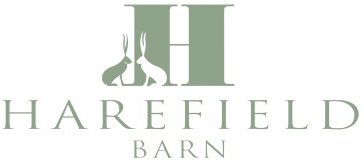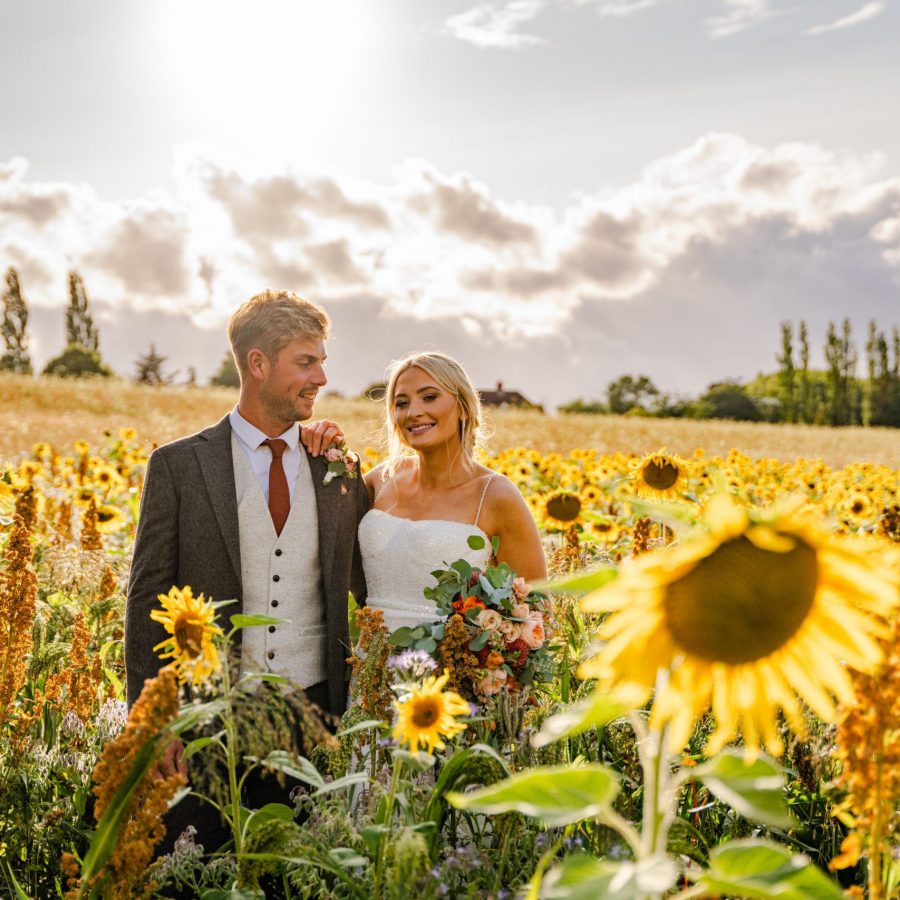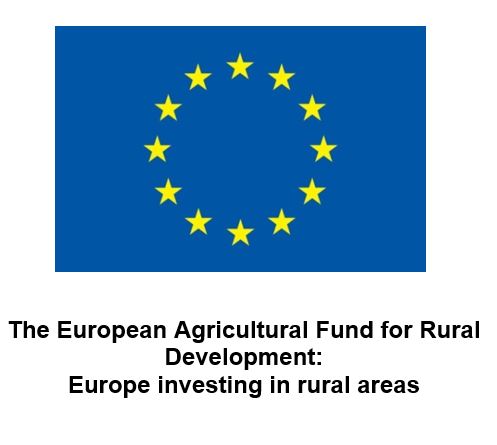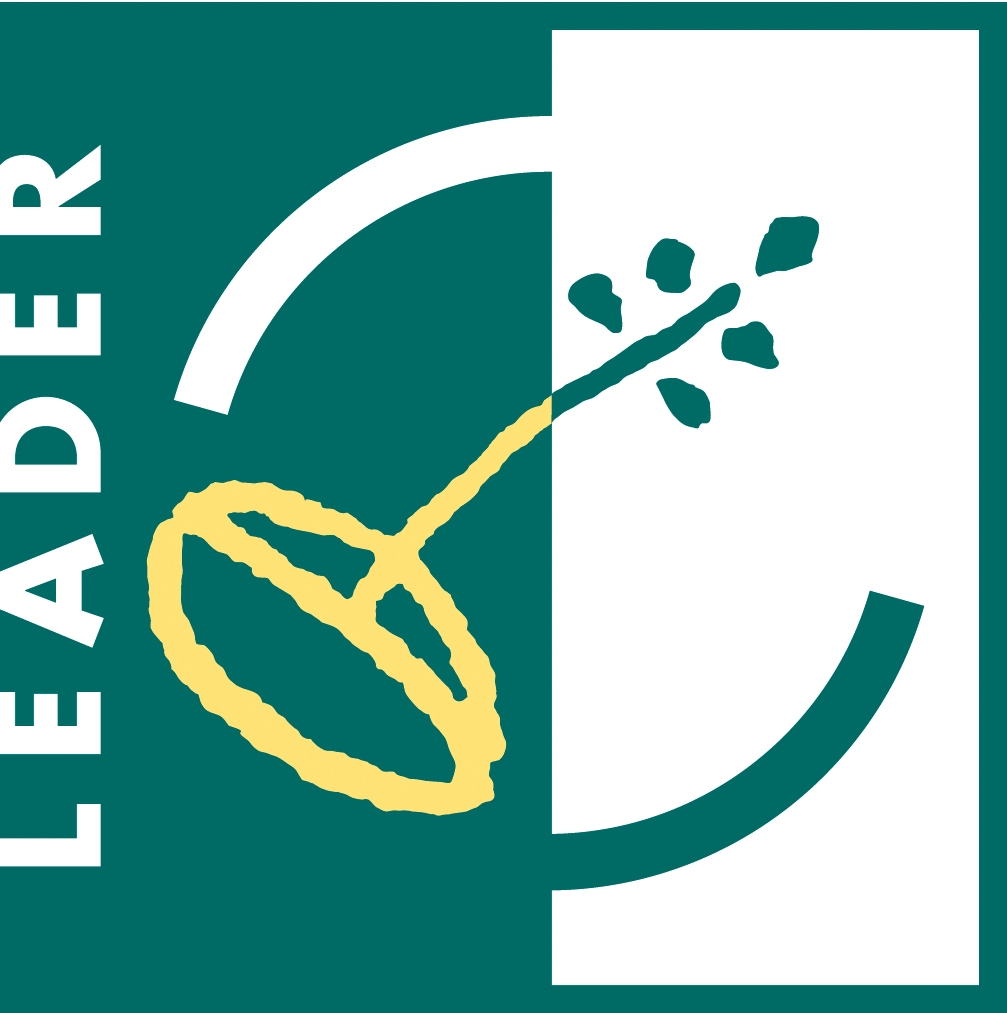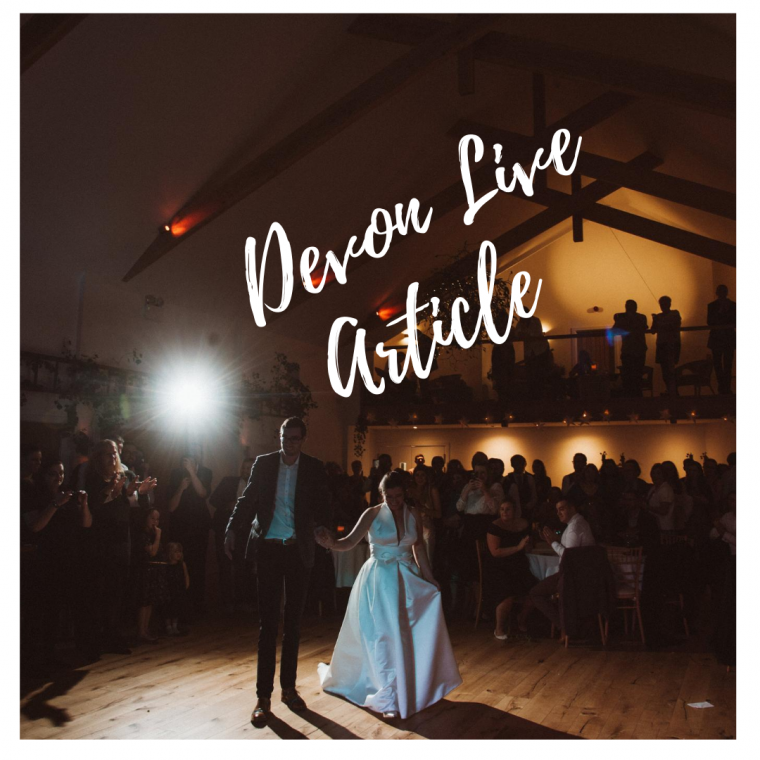
A couple of weeks ago, I was contacted by William Telford, the South West Businesses Editor for Reach plc asking for my views on the current situation as far as the wedding industry is concerned. I chatted to him on the phone and the article he wrote is reproduced in full below. As a result, it’s not my words, and indeed he has used some of my words in, shall we say, a slightly interpretive fashion, but nonetheless, I felt it was worth sharing here!
We have received nothing but help and support from all the wonderful couples who have booked with us – I only wish the same could be said of the insurance industry!
Of course, it is increasingly frustrating to see some of the ways in which the ‘lockdown rules’ are being flouted without apparent consequences, but our duty, first and foremost, is for the care and safety of everyone connected with Harefield Barn. One thing we can say for sure, is that when all this is behind us, or we’ve found a way to deal with it, there are some incredibly emotional weddings and great parties in store!
Wedding industry set for £5.6bn hit and may take years to recover
More than a third of weddings have been postponed or cancelled since lockdown started causing a huge problem for the £10bn industry
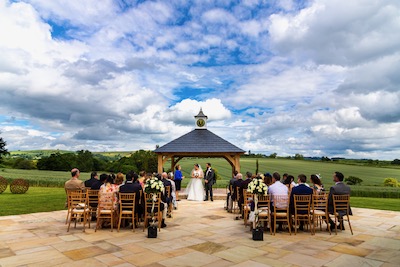
Weddings such as this pre-lockdown one at Devon’s Harefield Barn are some way off returning
The wedding industry is set to take a £5.6billion hit in 2020 as events are cancelled or postponed, with one Devon business saying it could take the sector years to recover.
Figures endorsed by the Association of British Wedding Businesses reveal that 36% of weddings have been either abandoned or moved in 2020 and more than half have been impacted, causing a huge loss to the £10billion-a-year industry.
And Deborah Ayre, who runs Devon wedding venue Harefield Barn with husband Robert, said the fallout will not only hit venues but also a huge range of other businesses which rely on the nation’s 252,000 nuptials every year.
And the sector’s problems continue to mount, whether from the continuing uncertainty over how many people can attend events, or the threat of “underground” receptions, or the wrangle with insurers over payouts.
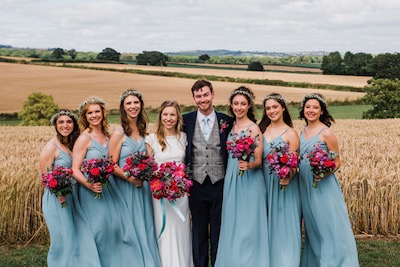
Weddings such as this one at Devon’s Harefield Barn are not permissible during the pandemic
But, all in all, it amounts to a major problem for an industry which usually copes with 252,000 weddings and more than 20million guests annually.
Mrs Ayre said Harefield Barn, Crediton, had a very successful first year after converting one of the barns at the family farm into a wedding venue.
Bookings doubled for their sophomore year in 2020, but that was before the coronavirus pandemic threw a spanner in the works. The business has seen income halved with no weddings going ahead this year at all so far, and any booked have been postponed.
Mrs Ayre said: “We are taking a big hit. We had 28 booked in and still have a few scheduled for later in the Autumn, but I think they will postpone too.”
But she said the crisis goes much further than wedding venues such as hers, having a knock-on effect on an entire “ecosystem” of dependent businesses including cake-makers, dressmakers, DJs, violinists, florists, photographers, hair stylists, and more – and especially, caterers.
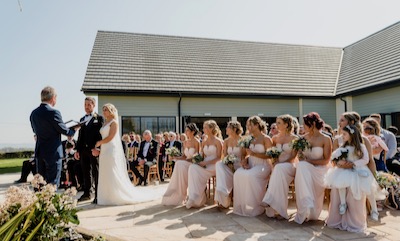
A wedding at Harefield Barn, in Devon, before lockdown
Mrs Ayre said one caterer she knows had to take an alternative job as a lorry driver just to navigate the crisis.
“There is a lot of hanging on and hoping it will get better,” she said. “But I think this will have a knock-on effect for two to three years. A lot of venues and small businesses will not make it.”
That’s bad news for an industry comprised of 139,000 businesses, mostly SMEs, many of them family run, which combined employ more than 500,000 people.
Weddings were totally banned from March 23 until July meaning 73,000 weddings and same-sex civil partnership ceremonies were postponed. About 80% of weddings take place between April and September. but receptions, as we know them, are currently banned.
The Government has allowed weddings and civil partnerships only for a maximum of 30 guests, but with no food or drink and everybody socially distanced and, aside from the couple and the registrar, wearing a face covering. And that relaxation has been postponed until August 15 at least, so currently ceremonies and subsequent celebrations can only take place with six people outside, or two households, a maximum of 10 people, inside.
Mrs Aye said that leaves the stark choice for couples of either sending everyone home after the ceremony of holding an “underground” reception, against the restrictions.
“It’s driving wedding receptions underground,” she said. “People can go to a cafe, pub or restaurant, where there is no restriction on numbers.”
Some venues might encourage this or, Mr Ayre said, allow it unbeknownst that a range of bookings are somehow connected. “How is a restaurant, for instance, to know they are not one single party?” she asked.
Harefield Barn has survived the pandemic, having taken advantage of a one-year deferral for business rates and received a Coronavirus Small Business Grant of £10,000.
But Mrs Ayre admits Harefield Barn is “atypical” of wedding venues because it is only in its second year of operation and being part of a working farm means it has other revenue to fall back on.
Nevertheless it moved 28 weddings into 2021 and Mrs Ayre stressed: “A lot of other venues did not have that opportunity.” She said that is because many established venues already had bookings for 2021 well before the coronavirus pandemic arrived on these shores.
It means a headache for businesses that will try to shift a packed programme for 2020 into an equally packed programme for 2021, and disappointment for couples who won’t be able to have the date they wanted, perhaps having to sacrifice a Saturday in the high summer for a weekday in Spring.
And what happens if the pandemic restrictions continue? Mrs Ayre said: “A lot of venues are really starting to freak out about Spring 2021. They have already moved so many people that if there are still restrictions in place they will have to try to move them again or else there will be a lot of cancellations.” She said couples are already looking ahead, with one booked at Harefield Barn already moving the event to 2022.
There is also an issue with pricing, as businesses are caught in a dilemma, whether to charge the same amount as they would if the wedding was going ahead this year, and maybe lose margin, or hike prices and risk unpopularity with a couple who had originally booked under a lower price.
Mrs Ayre said there is also a problem with insurance, both for businesses and couples, as both are being faced with insurers saying they are not covered.
Harefield Barn was denied a payout from its insurer for business interruption due to the pandemic, and is anxiously now awaiting the judgement from a test case, due in September, which will determine legal clarity on the meaning and effect of wording used in many policies, in relation to COVID-19 related claims.
And a similar issue is facing couples, Mrs Ayre said, explaining: “A lot of couples are not insured anyway, but those that are now find that insurance companies are finding ways to wriggle out of paying. “And some insurance companies are paying the brides and grooms and then coming after the company for the money.”
The situation is so trying that wedding planning business Bridebook, run by a founder of the Association of British Wedding Businesses, wrote an open letter to the Government and started a petition calling for support for the UK Wedding Professional Community.
It said the industry was not only a “vital contributor” to the British economy but also important for “the wellbeing of our nation”. There are many who would raise a glass to that.
